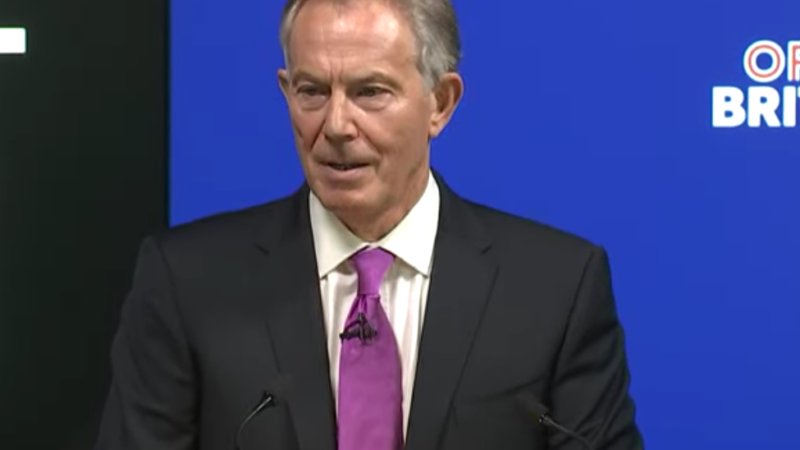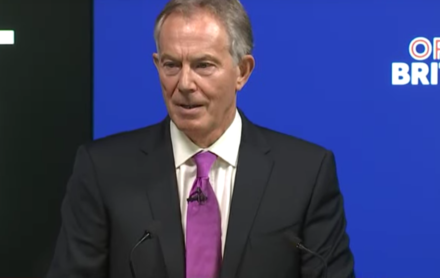

His speech was a rallying call to the fading Remain camp not to give up. Blair accepts that the Remain argument is currently lost, but anticipates that this is likely to change, particularly as the economy adjusts painfully.
This is an important intervention, timed to avoid being bogged down or confused by the outcome of two important by-elections.
What the speech didn’t do was mark out a clear agenda or unifying campaign message. If it had done, then “Brexit austerity” would be the most accurate and focused critique of the times to come.
Brexit austerity is already a growing reality, grinding down the public finances like a mill stone. The declining NHS and the crisis in social care are the most apparent examples, but the schools are now facing cuts also. Not everything is the sole fault of Brexit, but Brexit is exasperating a bad situation and is creating problems over the short, medium and long term. Brexit austerity is a reality, and it’s here to stay.
The chancellor has so many extra costs and considerably less income to calculate as he plans for the Budget. The expected bill just for leaving the EU is estimated at £50bn. This one-off payment of settlement includes the pensions for our EU staff, but also covers contracts entered into for the building of roads and bridges in Poland and other places.
There will also be a significant income tax loss as working immigrants are turned away from our economy. The farmers are unlikely to replace them with British workers, preferring to invest in machines, which don’t pay tax.
Meanwhile the government has a whole new Whitehall department for which it must pay. International negotiators are incredibly expensive. Their salaries are far higher than doctors or even consultants, but their work does not lessen the waiting lists in the NHS, or bring criminals to justice, or build houses to serve our communities. They will be employed for at least the next 20 years serving no other purpose than shifting paperwork about in an enormous game of economic musical chairs.
The government should respond to the simple mathematics of the situation by putting up taxes, but they are ideologically opposed to increasing income tax, and are worried that corporation tax will scare off companies who already considering their position in the light of Brexit.
This leaves them with no option but to make more cuts. Hence the reduced school budgets. The NHS waiting lists. The care crisis, and everything else, across the public sector economy.
As a legal aid lawyer, I get paid through the Legal Services Commission, but they are delaying payments and delaying payments. Firms across the country are on the brink of bankruptcy. This, to me, is evidence of the cash flow crisis, and the manner in which Philip Hammond, who started life as a used car salesman, deals with it.
It is like working for a company that’s about to go bankrupt. The boss is questioning whether you need to use so many paperclips, and the envelopes have run out in the stationery cupboard.
It feels like the country is living through a state of tension right now but this is just the start of it. Brexit austerity is here to stay and it is going to get a whole lot worse.




More from LabourList
‘Labour’s quiet quest for democratic renewal’
‘Labour promised to make work pay. Now it must deliver for young people’
‘Council Tax shouldn’t punish those who have the least or those we owe the most’